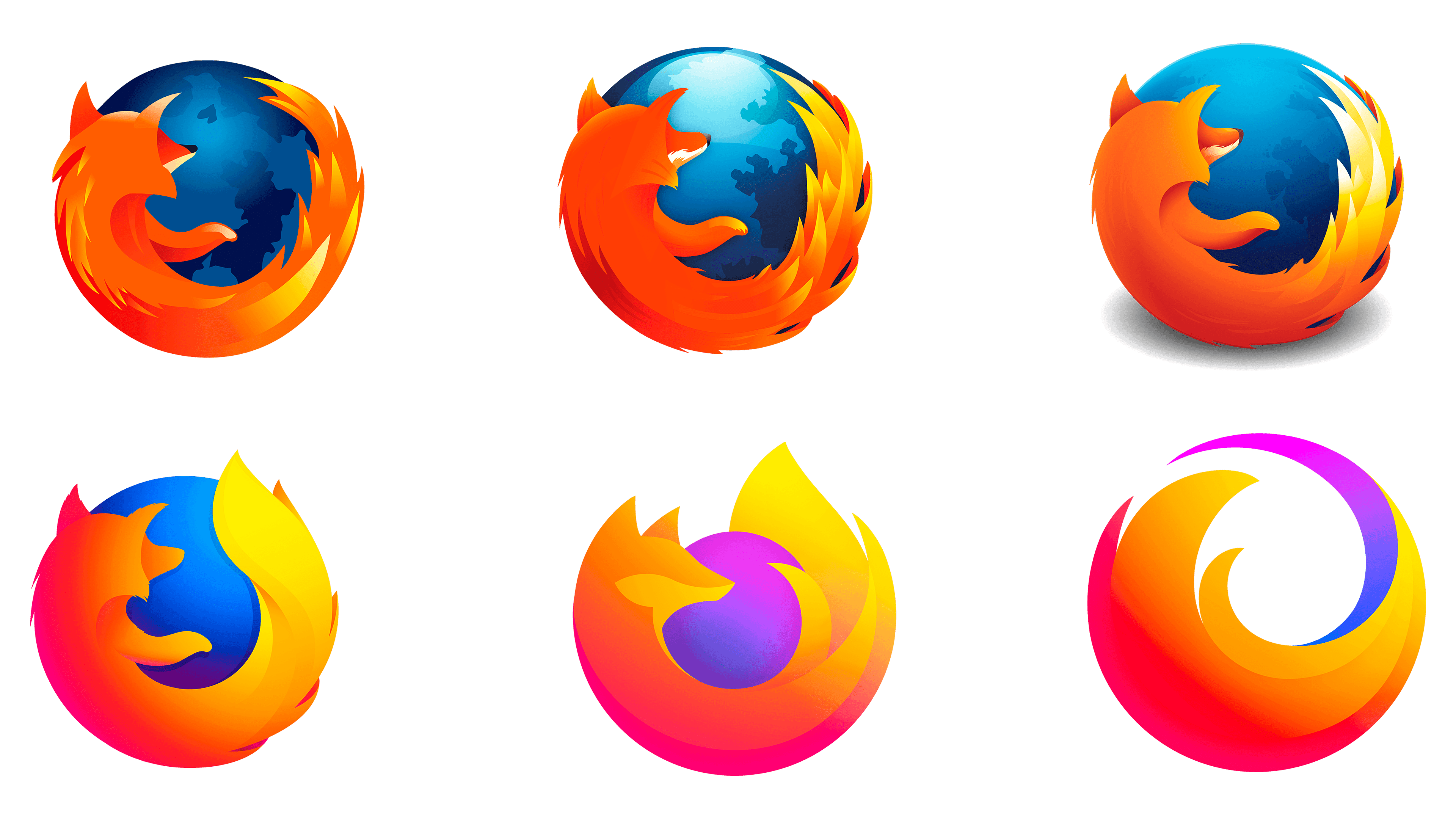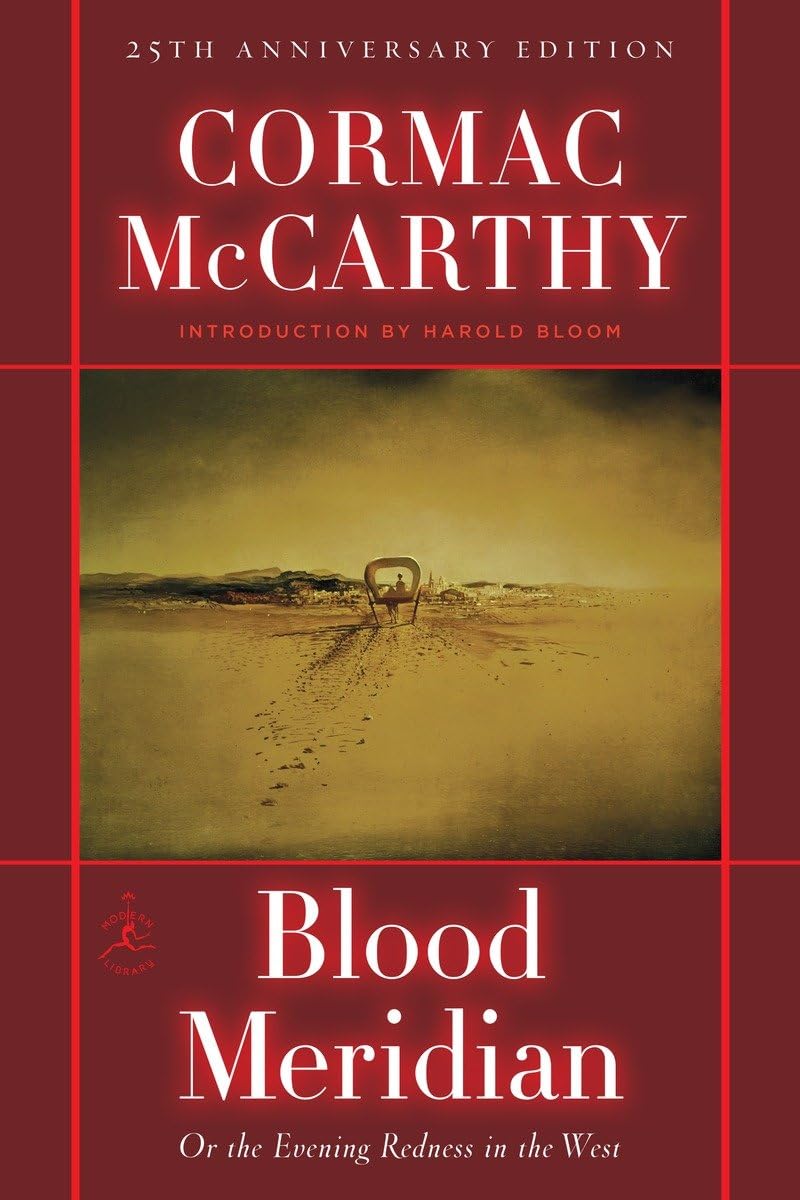azul-is-cool.neocities.org
Archive
Short Stories
Other
Blog
Learning
- Inspiration, the initial burst of interest!
- Take the primary source book (for sciences this may be a textbook) and read it through fast. The idea here is to get an overview, not understand everything, similar to the concept of pretesting. I think of it as making a mental map of the subject. Avoid "beginners syndrome" / "tutorial hell" dipping shallowly into different resources.
- Go back to the start of the book and learn properly. A map is useless unless followed! Demonstrate what you learn - answer questions and complete small projects or mini essays. Summarise topics as if teaching them (like Richard Feynman), answering the questions you had on your first read.
- Keep a notebook for that subject.
- Paper avoids screens and physically shows progress via pages, digital allows hyperlinks and formatting e.g. programming code blocks
- Before reading: What would you like to know? Write down your motivation for learning it.
- First read: What do you not understand yet? What have you learnt already? Write down questions to quiz yourself later.
- Second read: Link ideas to other concepts familiar to you, note things you still don't understand, answers your past questions, correct your misunderstandings, and document your journey.
Creation
"Creating is the essence of life." - Julius Caesar
Mini Essays
Writing about what you love, what interests you, is vitally important. To formalise your thoughts in writing often exposes the gaps in knowledge, flaws in logic, and general confusion you have about a topic. Even now as I write this, my thoughts on creating and writing are being refined because I am forced to rethink and reflect on the subject; if I wasn't writing, I would not need to do so and so I wouldn't. The act of consuming the opinions of others and forming your own are two very different processes - one easy and mindless, the other difficult and confronting. Learning can only take you so far, at some point you need to start creating if you want to really know anything.
I will not give you an in-depth blueprint for mini essays because I think they should be very open. I recommend you decide on something you wish to point out or posit to the reader, give some compelling proof, and explain why it matters at all. This could be 100 words to 400 words (any longer and it's not very mini).
Artwork
Paintings, sculptures, models, diagrams, songs, stories. All artforms tap into something uniquely human. Facts and figures may hold sway in the mind, but emotions and feeling often drive our actions far more directly. Art is the pinnacle of creation and is far more powerful than any essay, manifesto, or paper when it comes to altering the viewer's deep rooted beliefs. No article about the dangers of a tyrannical state will stay with me longer than 1984. No history book can show the horror of the holocaust better than a single photograph taken within Auschwitz.
Perfection
There is nothing so boring as perfection. Go make mistakes. Websites are so boring these days. I want something dense and ugly and amazing.
"If everyone could play the guitar perfectly, there would be no style. Style is the imperfections in how you play." - I don't know who, but they were right.
This watering down of style is considered modern. Just look at Firefox:

They "got a very clear signal that we didn't actually have to show a fox for people to know that it was Firefox". Well I say long live the fox, it had personality, it was alive and unique and perfectly imperfect. I stand against fox hunting online and offline. The homogenisation of our world by huge monopolies is destroying the human spirit.
Translation
Translations are pale replicas of their originals and can never truly capture the works form and function. I have had this view since school and have done my best to avoid translated works wherever possible.
Poetry
The Flowers of Evil by Charles Baudelaire
This book of French poetry was the one that tipped me off to the flaws of translated work. In our class we were told to buy a version that included each poem in its original French followed by two English versions by two separate translators. I was shocked to discover that these translations varied wildly not only in their meaning but also in their structure. I would read English version #1 and it would have 2 stanzas, then English version #2 with 4 stanzas, only to look back at the original and realise it had 3 stanzas. This drove me to despair and since then I have never trusted a translated work.
Prose
For Whom the Bell Tolls by Ernest Hemingway
This is a novel I have read in its original English, then have read in its Spanish translation. Hemingway is known for his simple prose so I assumed a translation of his work would be close to the original. This novel specifically I thought would be very easy to translate into Spanish for reasons I mention below.
A dialogue excerpt from the original: "Thou art no woman nor a fool."
Why the use of 'thou'? The novel is set in Spain and Spanish has an informal and a formal way of speaking, thus Hemingway attempts to convey this formality with thou and thee throughout the book. All of the dialogue reads like a literal translation of spoken Spanish. Therefore, it must be very easy to translate the dialogue back into Spanish, correct?
Apparently not, in this instance the translator writes "Tú no eres una mujer ni un loco."
Which totally ignores the use of thou, using the informal 'tú eres' instead of the formal 'usted es'. (It also swaps fool for 'loco' which is a crazy person which is not the same thing but I can understand why they have.)
Another example which shows the impact of these subtle changes: "Thou, oh, thou, thee, thee, my big little pony. Thou art no woman ... "
It reads very strangely in English, firstly as mentioned because of the use of the archaic thou and thee but also this contradictory 'big little pony'. Spanish, unlike English, uses diminutive endings to modify nouns to make them more affectionate and to describe them as smaller. E.g. 'gato' is cat, 'gatito' is kitten, describing a big cat as a 'gran gatito' would be a term of affection.
The Spanish translator uses: "Mi caballo bonito, mi caballo bonito, tú no eres una mujer ... "
Not only do they ignore the repetition in the original completely and ignore the obvious formality used, they also make no attempt to reconstruct the affectionate use of diminutives. They merely translate it as 'my pretty horse'.
Books

Blood Meridian by Cormac McCarthy
A book that isn't afraid to depict horrendous acts without commentary, trusting the reader knows right from wrong and to separate character and author. A marriage of beautiful prose against disgusting subject, like Vladimir Nabokov's Lolita.
McCarthy uses conciseness and verboseness as a method of literary focus. Some things happen within one sentence when they could have been detailed over pages, some are omitted altogether like in Hemingway's Iceberg theory, others which could be described in one sentence are instead stretched and wallowed in for pages upon pages. Through these decisions we get a sense of the subjects that McCarthy intention the book to address. Violence is emphasised. Rape, by contrast, is often merely referenced or alluded to.
The Kid and the Judge
Throughout the story, we absolve the kid of his transgressions as we would a feral dog. His actions are bestial: viscous, yes, but understandably so. He is a product of simple nature and poor nurture. His wants are base: he wants to stay alive and get drunk when he can. His actions require no manifesto. He sees through the judge just as the other dogs do. The kid was inoculated as a child against intellectualism by his father, a smart man, failing him; he sees only the judge's actions and is swayed not by his fancy words. The kid stands opposed to mans search for meaning, mysticism, or higher powers. He does not ask to understand anything more that he already knows. "Everybody dont have to have a reason to be someplace"
This contrasted against the judge. "If it is so that they themselves have no reason and yet are indeed here must they not be here by some reason of some other?" The judge hates the kid as man hates his own animal nature, which he seeks to obfuscate and ultimately wants to destroy. Some of the human qualities that can be seen in the judge:
- Philosophy, rationalising - his actions must be justified, to himself or others. He must not seem to be acting on instinct, but on logic.
- The book in which he attempts to catalogue everything that exists - it is man's belief that he should know all and has the right to destroy all.
- The killing of the Apache boy - the boy satisfies the judge's curiosity, then he does not. Like orca, or other such intelligent animals including humans, merely to kill is a bore.
- Hunger/thirst/sleep/death - these are animal needs that the judge has surpassed. He eats/drinks for pleasure, he does not dream but thinks, he sees himself as immortal. He seems to be the "evil that can run itself a thousand years, no need to tend it” of which the man in the shack foresaw man creating.
To summarise my thoughts, the judge is humanity's ambition and the specific type of evil that goes along with it, not the comic sadism of Satan but the evil of knowing right from wrong and choosing wrong and rationalising that wrong with intellectualism. The kid is humanity's core, what all men are but often repress and, like the judge, deny. The kid is not a hero, nor is he even good, he simply is, natural, and contrasted with the unnatural judge he is the far lesser of the two evils.
Inspo
Go check them out!